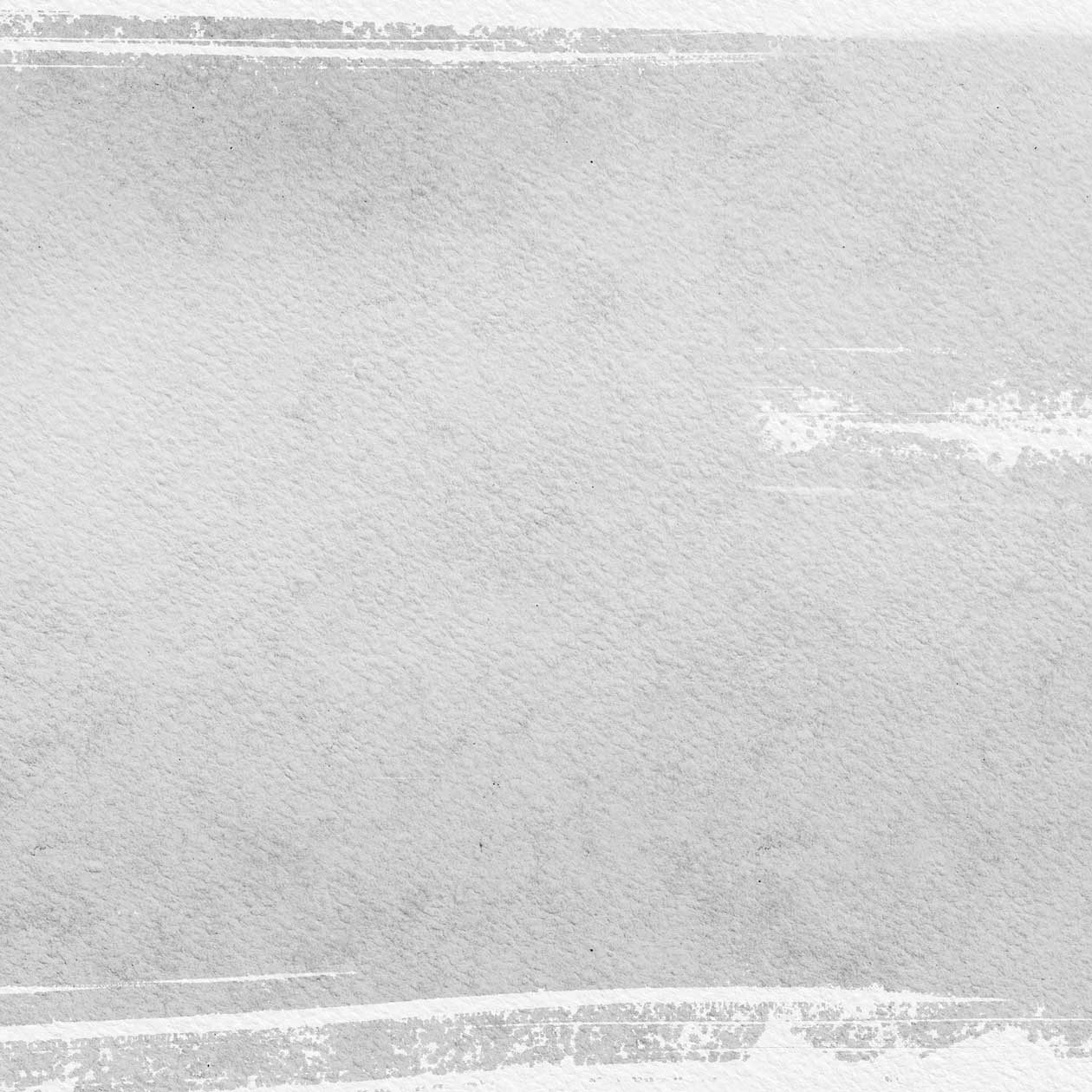About Assessment
A psychological assessment can be a valuable part of your scholastic, professional, or personal development. Undertaken by a psychologist, it gathers information about how you think, feel, and behave to help you better understand yourself.
Generally, the more accurately you understand yourself (diagnosis), including both your strengths and weaknesses, and the more accurately you understand the situation (objectivity) the more effectively you can deal with (treat) it (the problem).
Depending on your needs, a psychological assessment can explore issues related to attention span, memory, language skills, judgement skills, day-to-day stressors, thought patterns, feelings, behaviours, reasoning skills, and developmental weaknesses or delays.
The assessment, itself, often involves some combination of interviews, observation, history, psychological procedures, and psychological tests, which are standardized (i.e., norm-referenced) tests.
Once the assessment process is complete, which often takes place over a few sessions, you will have a feedback session wherein your psychologist will guide you, step by step, through the findings of the assessment and explore how this relates to your situation.
Your psychologist will also offer recommendations as to possible next steps, which you can implement independently or with your psychologist’s continued support and guidance.
Lastly, a follow-up appointment or re-assessment, at some pre-determined time, may be recommended so that your psychologist can help monitor your progress along your expressed development or life path.
For Help With
- Depression
- Anxiety
- Trauma
- Alzheimer’s
- Substance Use
- Autism Spectrum
- Attention-Deficit/Hyperactivity (ADHD)
- Learning (Reading, Writing, or Maths)
- School Readiness
- School Placement
- Remedial support
- Classroom support
- Subject selection
- Career guidance
- Job Candidacy
- Self-Development
What Others Are Saying



If I knew then, what I know now...
Behind every young child who believes in themselves is a parent who believed first.
Matthew L. Jacobson
